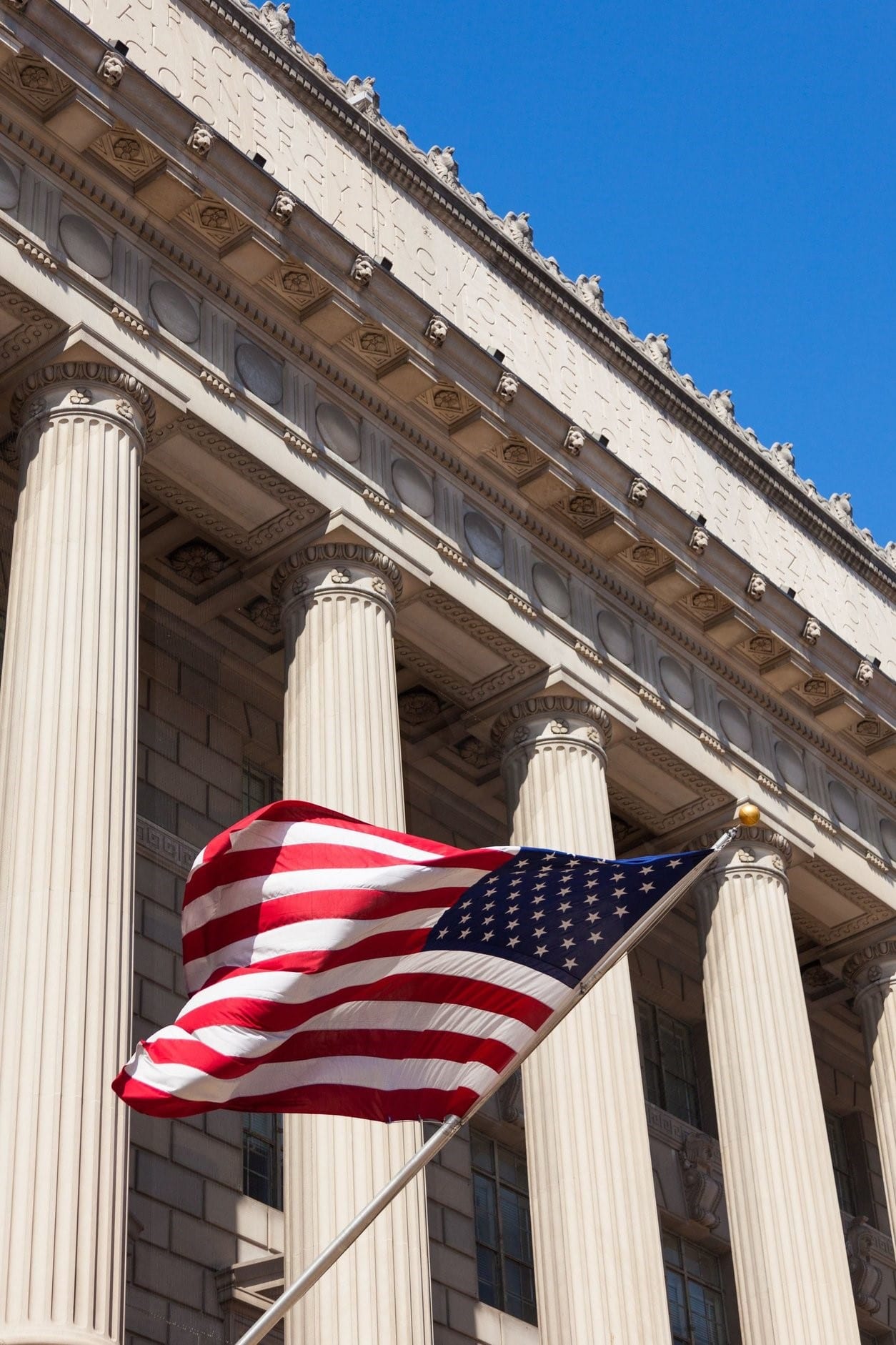
Edgar Maddison Welch was a resident of North Carolina. In early December, he drove to Washington, D.C. where he walked into a pizzeria known as Comet Ping Pong. He was armed with an assault rifle. A fake news story had convinced Welch that a child sex ring was being operated out of the restaurant and that former presidential candidate Hillary Clinton and her campaign manager John Podesta had some involvement in the ring.
Welch took it upon himself to travel from North Carolina to the nation’s capital to “investigate” the purported child sex ring. Once inside the restaurant, he shot a lock off one of the doors, injuring no one.
Welch surrendered to authorities and was eventually brought to federal court, where he now faces a charge interstate transportation of a firearm with intent to commit an offense or with knowledge or reasonable cause to believe an offense would be committed. He is subject to 10 years in federal prison and substantial financial penalties.
How did this relatively modest criminal act become a federal issue?
Whether a criminal case is prosecuted at the state or federal level is quite often a complicated jurisdictional matter.
To understand the jurisdictional issue in the Welch case, you have to know why he committed the act that became known as “Pizzagate.”
The Motivation behind Pizzagate
One of the most interesting issues that came to light in the latter half of 2016 was the huge amount of “fake news” circulating around the Internet. Unreliable sources and fake news stories have always been around, but this year they were seemingly everywhere.
That brings us back to Welch.
He went to the Comet Ping Pong to “self-investigate” claims that the pizzeria was home to a child sex trafficking ring supposedly being run by big names in the Democratic Party. This wild conspiracy theory gained traction from Donald Trump supporters and white supremacists during the presidential campaign, including the son of Trump’s National Security Advisor Lt. Gen. Michael T. Flynn.
Conspiracy theorists focused on a few WikiLeaks emails about meetings for pizza to create this blatantly untrue narrative—one that nonetheless spread quickly on forums and social media sites like 4Chan and Reddit, and onto fake news sites.
Welch was one of many who believed the conspiracy theory, but he was the only one who took it upon himself to drive up the East Coast from North Carolina to “save the children” by investigating the restaurant with the threat of a gun.
Thankfully, after his search turned up no pedophilic sex ring, Welch realized the story had been fabricated. That’s when he turned himself in to police.
So why did Pizzagate end up in federal court?
Conditions That Allowed Pizzagate to Become a Federal Issue

Usually, violent crimes remain at the state level, especially if no one is injured. Pizzagate, however, is a prime example of how you can land in federal court for an assault crime.
Charges are typically only considered federal crimes when they cross state borders (drug trafficking, traveling across states to solicit unlawful sex) or involve a national organization (mail fraud using the United States Postal Service).
Welch met these prerequisites. He Welch lived in North Carolina and he traveled to D.C. to “investigate” the conspiracy at Comet Ping Pong. Crossing state borders with just the intent to commit a crime will place you to federal court.
Another important aspect of Pizzagate is the presence of Welch’s gun. Even though Welch’s local charges of assault and destruction of property have been dropped, his primary charge still stands: interstate transportation of a firearm.
Most firearms can be lawfully carried over state borders in a vehicle if the firearm is unloaded, cased, locked in the trunk, or otherwise inaccessible to anyone in the car. “Most firearms,” however, does not include assault rifles. If Welch had been carrying a handgun on him, he might not be facing 10 years. Now, however, his firearm charges are in the hands of the federal court.
When Violent Crimes Become Federal Issues

It does not take an interstate assault to land you in federal court. You may still be charged with a federal assault crime if the incident occurs on federal territory. For example, if a violent crime takes place in locations like national parks, onboard a United States ship, or in a federal office building, the crime will be a federal issue.
In the same fashion, federal employees and federal property are considered federal issues as far as assault and other crimes are concerned. In other words, if you assault an employee of the United States Postal service while he or she is trying to deliver the mail, or demand federal money or property in a robbery, you will face federal charges.
For most of these assault charges, you can face up to 10 years in federal prison. Second convictions and assaults with aggravating factors (such as if a minor is involved, the defendant had intentions of committing a murder, or a dangerous weapon is used) can have penalties including up to 25 years in prison.
Worse, when you are charged with a federal crime, you will be facing a powerful team of prosecutors and federal organizations, all working together to put you behind bars. To protect your rights and your future, make sure you hire a federal defense lawyer who has successfully handled cases like yours.



